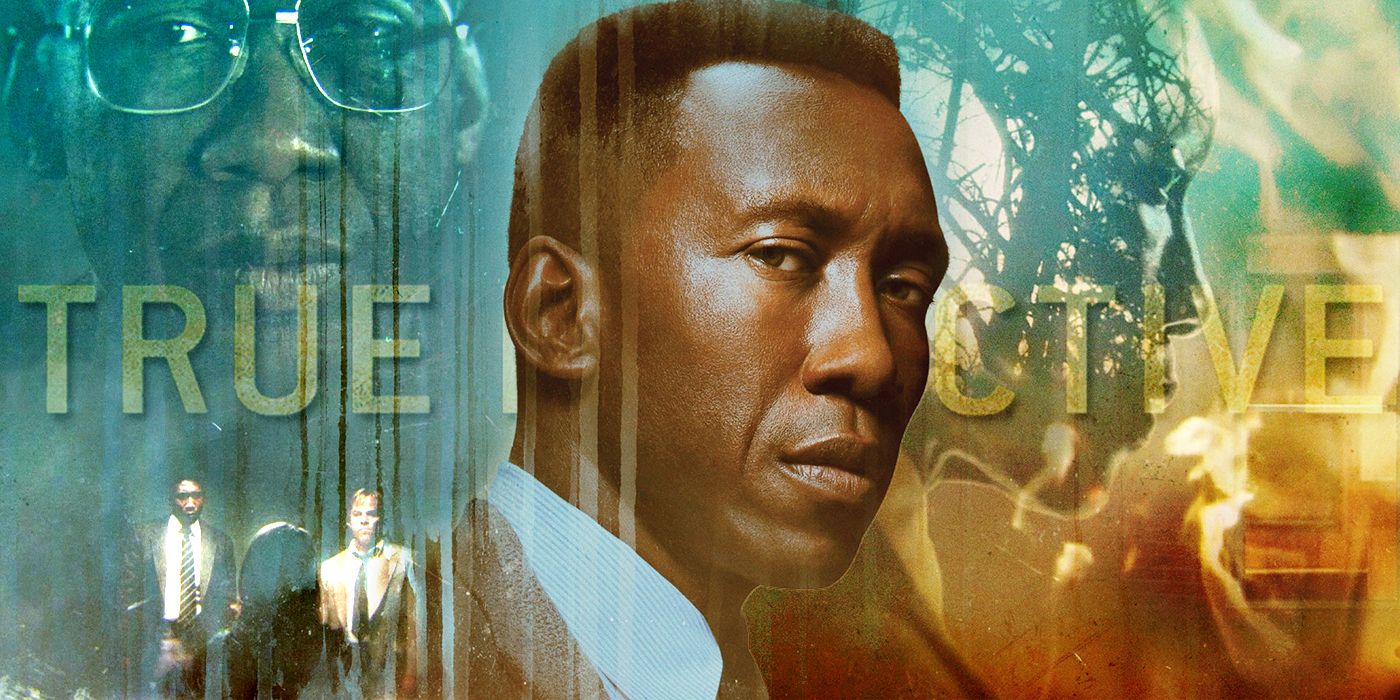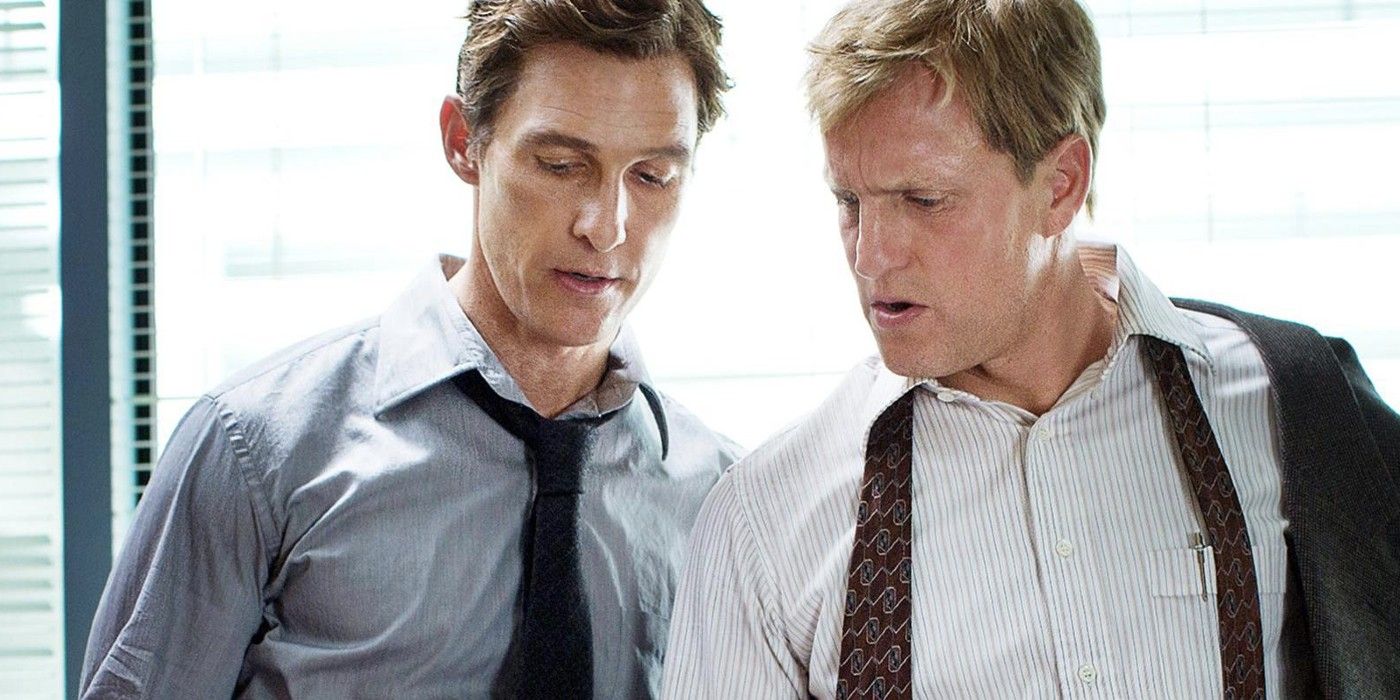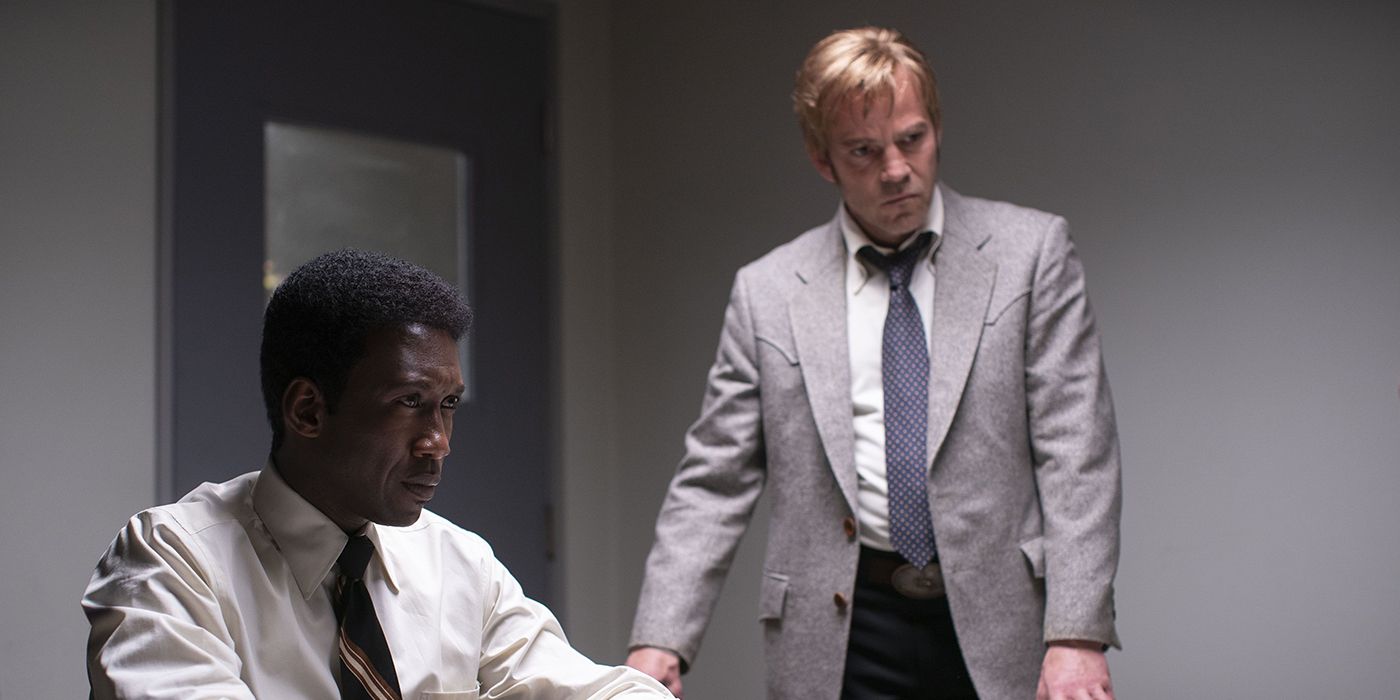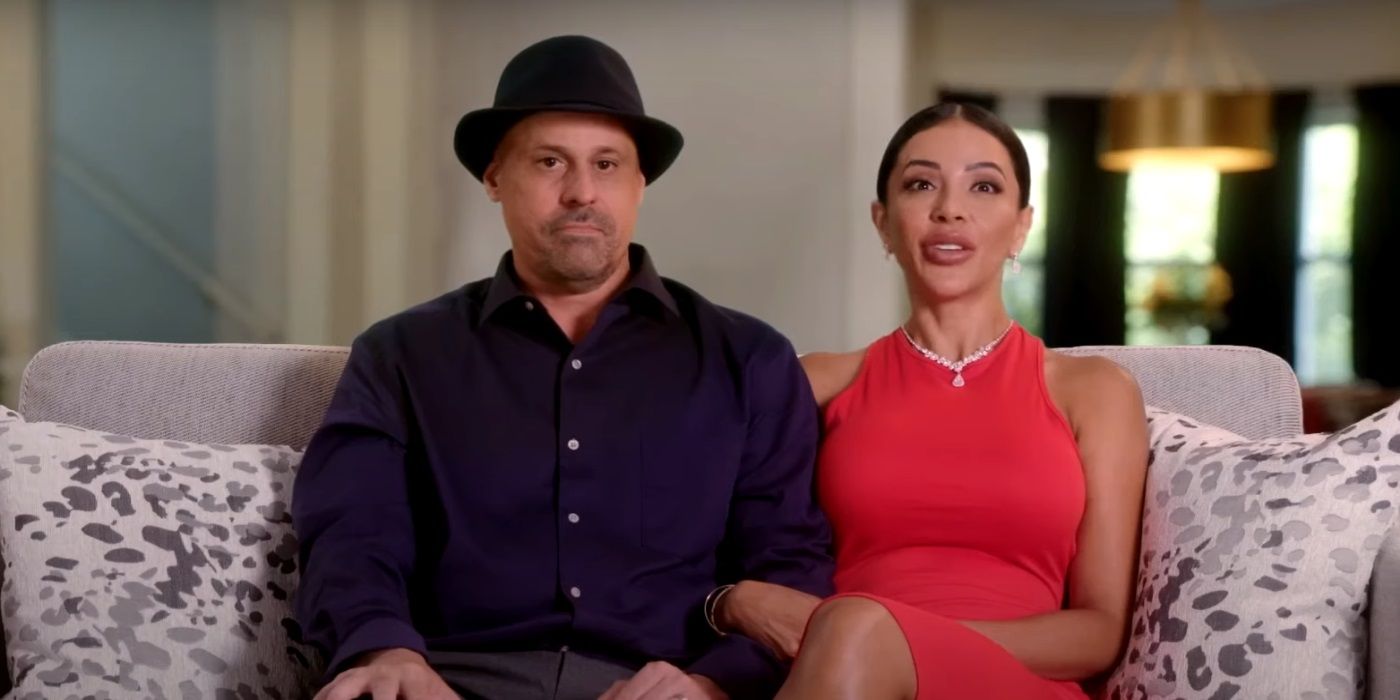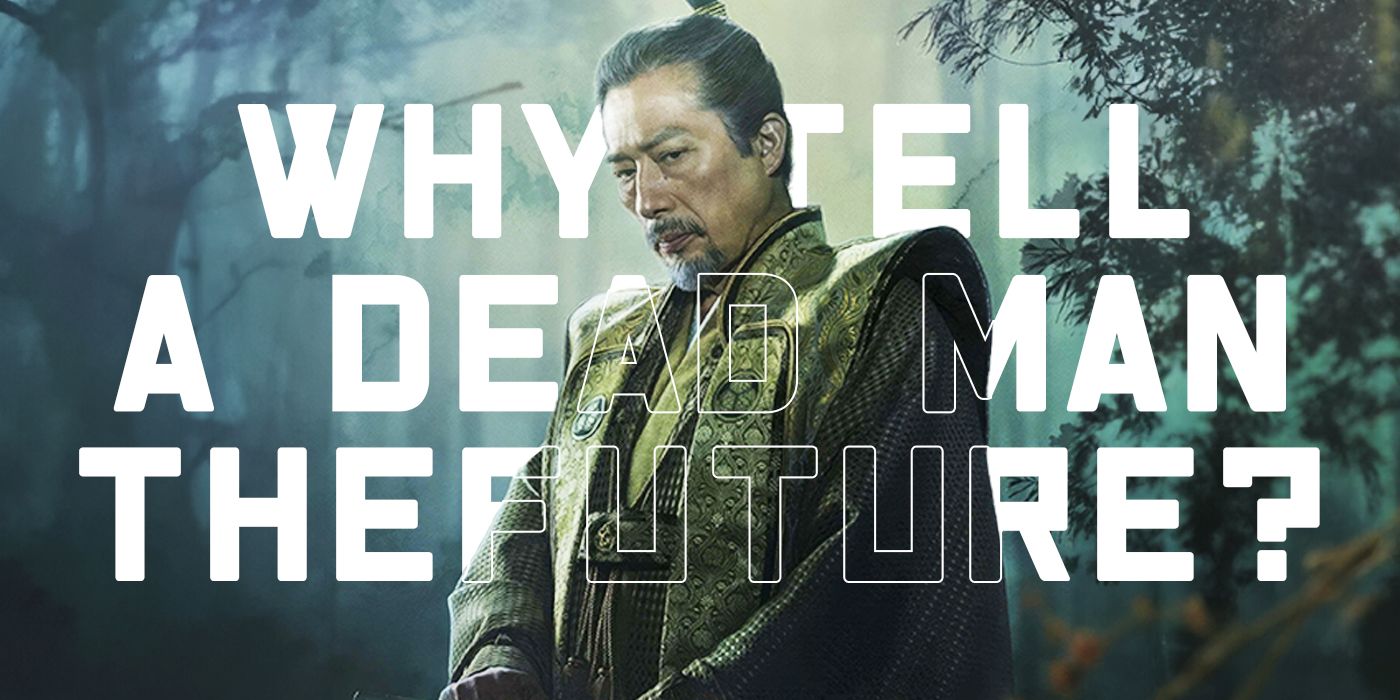The Big Picture
- Season 3 of True Detective reinvigorated the franchise, with a focused rural mystery and a stellar performance by Mahershala Ali.
- While Season 3 was widely acclaimed, it didn’t generate as much buzz as Season 1 despite potentially being better.
- The supporting characters, particularly Stephen Dorff and Scoot McNairy, shined in Season 3, but some elements could have been improved.
Is there a series that leaves a greater hole in its absence than True Detective? The HBO crime anthology is one of the most highly acclaimed series in recent years, yet no matter how much people are left clamoring for more, it kind of comes and goes as it pleases. The first two seasons were released in back-to-back years, airing in 2014 and 2015 respectively, but after the latter was met with an extremely mixed reception, series creator Nic Pizzolatto put the series on pause for a while. After four years of lying dormant, the third season premiered in January 2019. By bringing a focused rural mystery back to the forefront and simplifying the detective story at its heart, Season 3 reinvigorated the True Detective franchise, maybe even making it better than ever.
Yet, while Season 3 was widely acclaimed by critics, it feels a bit like it came and went without making much noise at all. There’s an argument to be made that it could be even better than Matthew McConaughey and Woody Harrelson‘s groundbreaking run, but if you were to measure both seasons by how much people talk about them, this isn’t even a competition — Season 1 wins easily. Still, Season 3 is True Detective at its absolute spookiest, with a time-hopping narrative structure that bobs and weaves between 1980, 1990, and 2015 (somehow without being confusing as hell), a backwoods Northwest Arkansas setting, and a master performance from Mahershala Ali at the center of it all. Audiences might have lost hope in this series after the second season let many fans down, but as the series returns with True Detective: Night Country, it’s time that Season 3 is paid due respect for saving the franchise.
True Detective
Anthology series in which police investigations unearth the personal and professional secrets of those involved, both within and outside the law.
- Release Date
- January 12, 2014
- Creator
- Nic Pizzolatto
- Main Genre
- Crime
- Rating
- TV-MA
- Seasons
- 4
‘True Detective’ Soared Before It Slumped
True Detective absolutely lit the world on fire when it first aired in January 2014. McConaughey and Harrelson led a pitch-black, cynical, Southern gothic police drama that always felt like it was on the verge of diving into cosmic horror. Instead of sending the series out with some sort of towering, Lovecraftian tentacle monster, Pizzolato left us with the anti-reveal that humanity is the true evil of this world. Is there a better-written character from this last decade than McConaughey’s Rust Cohle? What about a better buddy cop to have around than Harrelson’s Marty Hart? Has any TV or movie mystery been more engaging than the investigation of these two separate murders, connected by some sort of odd occult terror? Every aspect of True Detective made it impossible to turn off.
And then there was Season 2. Largely hated upon its release, this one is actually a bit underrated. Yes, it was overly ambitious, dug a bit too deep into its occult mystery, and ended up being a bit predictable. It also just took too much time to get things rolling. But you can’t beat its cast. Colin Farrell, Rachel McAdams, Taylor Kitsch, and Kelly Reilly are all fantastic. Although, surprisingly enough, it’s Vince Vaughn who runs away with the second season. Real ones know that Vaughn has some pretty fantastic dramatic roles in his credits, but it had been a while since he sank his teeth into something like this. Still, Season 2’s underwhelming reception left the franchise in a critical state. The next installment had to be good if Pizzolatto and HBO wanted True Detective to live on.
Pizzolatto became candid about his feelings on the previous run’s shortcomings at a 2019 press conference for Season 3 by saying, “I learned and understood there was a lot of stuff in Season 2 that people hadn’t really wanted to see, based on Season 1 of True Detective. But I’m very proud of the work everybody did. I just try to keep getting better at what I do, moving forward, and I think the criticism is a big part of that. So I try not to shut myself off from any of it, and I really just try to get better and even sort of narrow the focus of what is it I’m trying to do.”
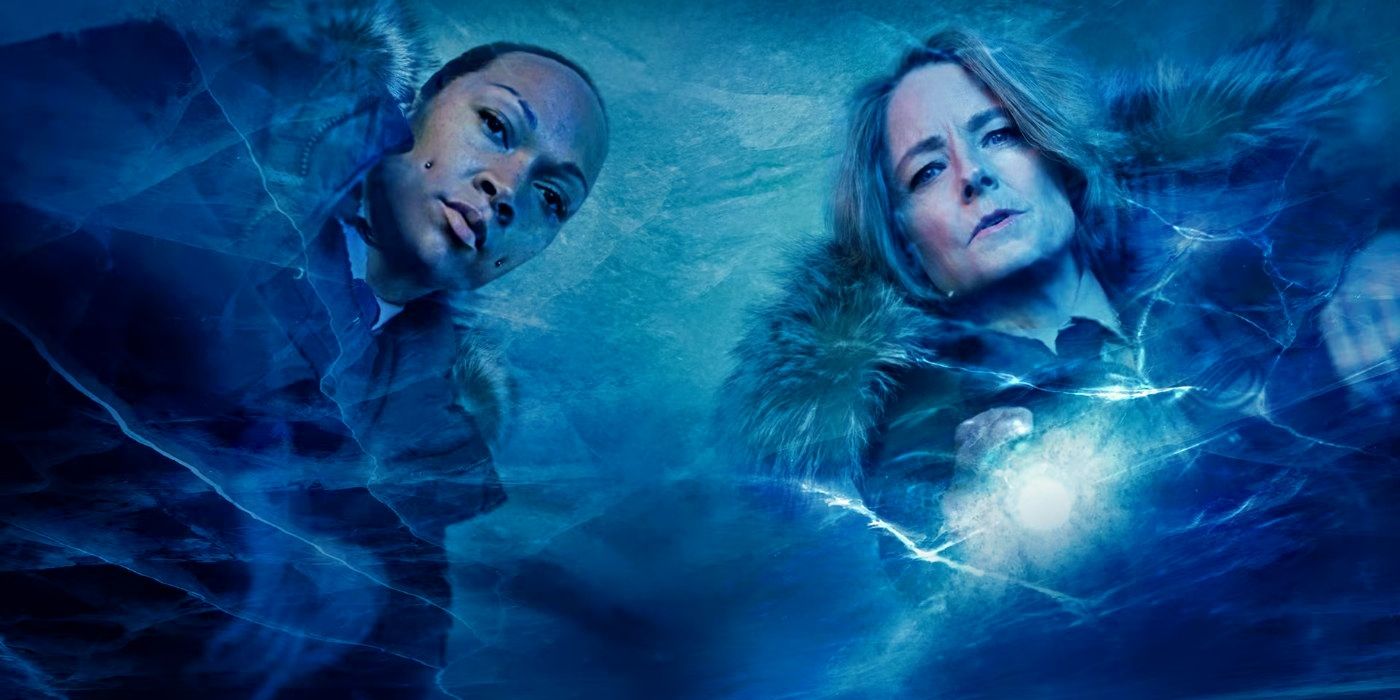
‘True Detective: Night Country’ Review: Season 4 Is a Perfectly Chilling Return to Form
Jodie Foster and Kali Reis command the upcoming fourth season from director and showrunner Issa López.
‘True Detective’ Season 3 Brought the Franchise Back to Its Roots
Season 3 definitely feels like he followed his own advice. Most of the time, when a franchise crafts an installment based on negative reactions to the previous one, the results are disastrous. Thankfully, Pizzolatto seemed to go about it in the right way. Season 3 took the True Detective that we came to love during Season 1 and sanded it down to its simplest form, all while continuing to push what this series is capable of.
The third season’s story manages to be both simple and complex all at once. It tells the story of Wayne Hays (Ali), a Northwest Arkansas cop who investigates the disappearance of two children in 1980. Simple, right? After all, the story really is mostly just that — a police procedural. This is where Pizzolatto makes things interesting, though. The season jumps back and forth between 1980 (when the crime first occurred) and 1990 (when the case was eventually reopened), while also making jumps to 2015, when a retired Hays who’s fighting the early effects of dementia is being interviewed about his involvement in the case. Pizzolatto makes this framing device much easier to follow than most others would have, and with each of these timelines being introduced at the top of the season, little hints of past events are constantly referenced to keep audiences on the edge of their seats. Mix in Season 1’s spooky occult vibe and Southern gothic atmosphere, and you’ve got that classic True Detective feeling.
In addition to giving us the simplest True Detective case yet, Season 3 also gives us its most focused protagonist. Instead of dual leads like the first season or the half dozen characters of Season 2, the third season focuses entirely on Mahershala Ali’s character, Wayne Hays. Seeing Hays in three separate timelines sometimes feels like having three different leads, especially when you compare Hays at 70 to his younger self. Each of these presents him in their own distinct stages of life. We see him as a grizzled Vietnam-vet-turned-police-officer in ’80, find him as an anxious, desk-bound cop and father in ’90, and leave him as a forgetful, broken, lonely old man in ’15. He’s mostly a good hang in the earliest timeline, but you’ll find your heart breaking for him more and more as this case just won’t leave his life alone. Rust Cohle is hard to beat as the best True Detective character, but I’d be lying if I said Hays doesn’t come close.
The Supporting Characters Shine in ‘True Detective’s Third Season
While Season 3 doesn’t have a definitive dual-leading character for Hays to play off of, it does come close. Stephen Dorff plays Hays’ partner, Roland West, and any time he’s not on-screen, you find yourself counting the minutes down until he comes back. West is a serious cop but often provides a levity similar to what Harrelson injected into the first season (something that Season 2 lacked, big time). As the timelines progress, West appears less, having been promoted into bigger positions that should have been given to Hays, who was held back by systemic racism. The series has loads of other talent backing it, but Dorff steals the show every time he’s on-screen.
The other cast member who manages to do a lot with a supporting role is Scoot McNairy, who plays Tom Purcell, the reeling father of the two missing children. Purcell has to be in the mix for the most depressing TV character in recent memory. He’s an alcoholic, his wife (Mamie Gummer) hates him, and his two kids have gone missing. Every time he shows up, you just feel a pit in your stomach. He often says the wrong thing out of anger, and if he isn’t the one saying something in poor choice, then someone else is saying it to him. Something that makes Season 3 stand out is that there’s a big focus placed on the families of those being investigated. They might be deeply flawed people in a lot of ways, but you can’t help but feel for them. If it weren’t for McNairy’s fantastic performance (and a nice turn from Gummer as well), Season 3 wouldn’t have nearly as rich of a soul as it does.
The season does have some elements that aren’t exactly bad but do leave you wondering how much better they could have been if done differently. Hays’ family is a welcome focus throughout the season. That said, it feels as though there could have been a bit more time spent with his wife, Amelia Reardon (Carmen Ejogo), as she often works in his wake. At the same time, True Detective often seems to be commenting on the ways that police officers sometimes push their families to the side when caught up in a demanding investigation. So it’s not that Reardon is a poorly written character — she just doesn’t feel fully fleshed out. Whether that’s intentional or not, we’ll likely never know. Ray Fisher is also fantastic, despite not being given too much time, playing Hays’ disillusioned son, Henry. If the goal was to make Season 3 more focused, then cutting a few corners by demoting Dorff and Hays’ family to supporting characters was worth it. It’s all in service of giving Ali the center of the stage.
Despite still looking phenomenal, Season 3 isn’t quite as visually exciting as the first two seasons. You might not realize you’re feeling the absence of Cary Joji Fukunaga (who directed all of Season 1) or Justin Lin (who was behind the camera for parts of Season 2), but once you’re reminded of how well the camera moved in previous seasons, the third installment does feel a bit lacking. Whether that was intentional, so a greater focus could be placed on Pizzolatto’s scripts, we might never know. This does feel like the work of a central artist, though, even more so than the first two seasons. Pizzolatto might claim to have gotten out of the way of his directors, but that third go-round feels like his style fined all the way down in his essence — cynical and spooky, all with a broken heart at the center. Pizzolatto departed True Detective after Season 3, and HBO turned the fourth season, subtitled Night Country, over to a new showrunner, Issa López. Hopefully, the new season will live up to what’s come before, but it might never even have gotten the chance to do that if Season 3 hadn’t recaptured the spark that made viewers fall in love with the show in the first place.
True Detective is available on Max in the U.S.
Watch On Max

